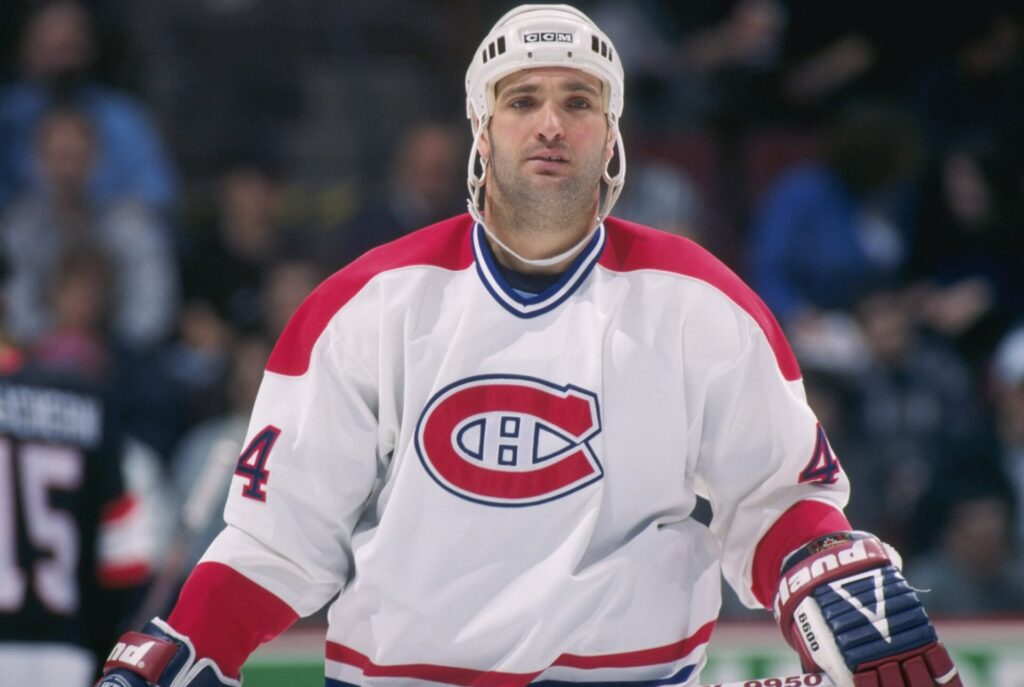
Stephane Richer spent years battling depression
Stephane Richer won two Stanley Cups — one in Montreal and another in New Jersey — and remains the last Canadien to score 50 goals in a season, reaching that plateau during the 1987-88 season.
He played in 1,054 National Hockey League games, scored 421 goals (including a second 50-goal season with the Devils) and accumulated 819 points, and he did it all while battling depression.
Michael Landsberg has enjoyed a successful sports television career, hosting TSN's Off the Record since 1997. He also struggles with depression.
Richer and Landsberg will team up on Sunday night as speakers for an AMI-Quebec (Action on Mental Illness) anti-stigma and fundraising event at Espace Reunion in Outremont.

“I think it's really important for me to be there, ” Richer said. “It's a great honour for me to be there… this doesn't have anything to do with my name and being a hockey player in the past… we're talking about serious stuff. I'm just hoping I might be able to help someone by being there. ”
Landsberg said he has struggled with depression for 15 years and had a bad relapse in 2008 when he was “desperately sick.” In October 2009, Landsberg was doing some research on Richer, who was going to be a guest on Off the Record, and learned the former Canadien had also suffered from depression. When Richer showed up to tape the show, Landsberg had a question for him.
“I said to him, ‘Stephane, you don't know me, you've never met me before, you have no reason why you should say yes to this, but I'm going to ask you: Would it be OK if I asked you about your depression? I know that you suffered… I know that it deprived you of a lot of happiness in your life and I think people would be interested in that. And when I throw it out there, I will throw it out in the context of I, too, have suffered.'”
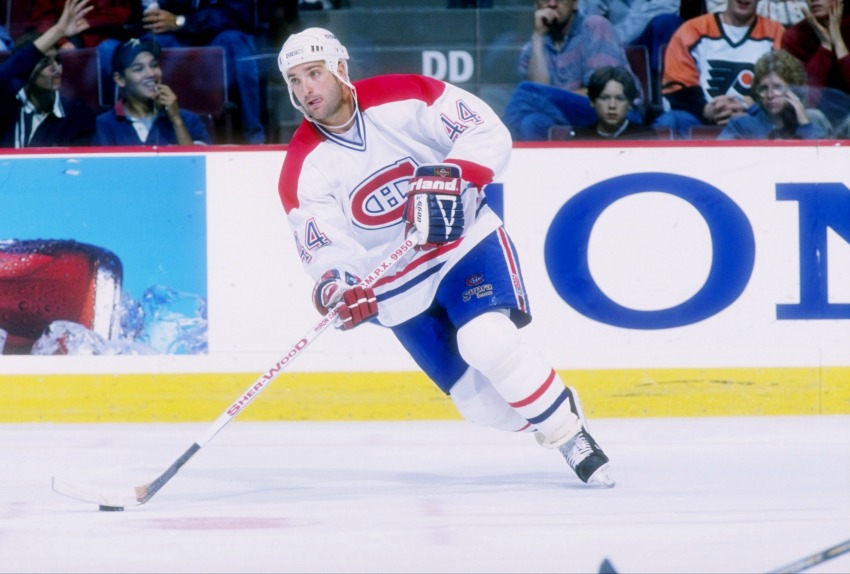
Landsberg said he wasn't looking to do something that would have a “huge impact on people” and was simply trying to do “decent television and part of that is to ask questions that other people don't ask. ”
Landsberg said Richer thought about it for a while “because this is a painful topic for him” and eventually said yes.
“That changed my life,” Landsberg said, “because the reaction that we, as a show, got was staggering. Letter after letter — maybe 20 of them, almost all from men, almost all of them saying the same thing… ‘This changed my life to hear you guys talking about it. This has empowered me to share with someone else… this has told me that I am not weak because you guys didn't sound weak. And tomorrow I will go for help.'”
Landsberg added the way to find the light at the end of the depression tunnel is to tell people about your problems.
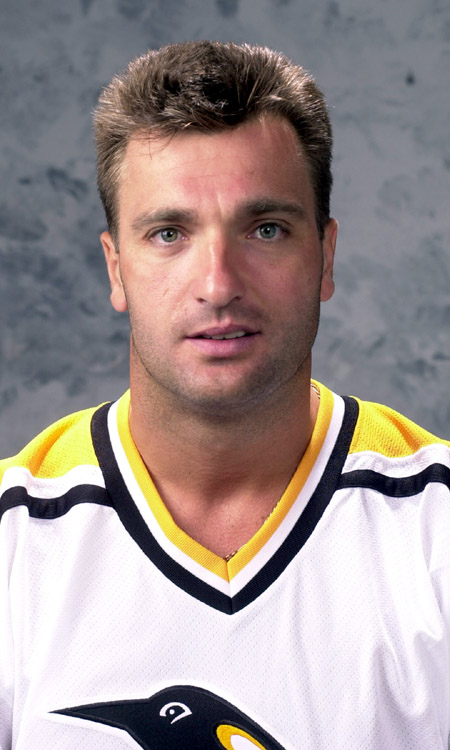
“I say this all the time to people: If you're having a bad day, that's not depression,” Landsberg said. “If you're having a bad week, that's not depression. And you have every reason to believe that if you're having a bad week that next week will be better. But if you have felt this way for six months or a year or, in many people's cases, five years or 10 years, you can make the assumption that it ain't going away on its own.
“That this is not leaving unless you push it away… unless you proactively do something to get rid of it. And that always starts with one thing: sharing. If you don't tell anyone else about this ever, you will never get better and tomorrow will never be better than today So the hope is that the more you share, the more support you will have, the more people that will come to you with treatment options and the less isolated you will feel. ”
Richer, who has now shared his story many times, wishes he had someone to talk to about his problems when he was younger, to say: “I think I'm having some issues… do you think it's normal, whatever it is?”
“I wish when I was 20 or 21, I could have had someone from hockey or baseball or football talking about this… maybe it could have helped,” he added. “But at the time, that wasn't big, right? … talking about depression. But like I said, if I can help someone… maybe save somebody's life… I'm doing my job.”
Richer said he realized how serious his situation was in 1995, after winning the Stanley Cup with the Devils.
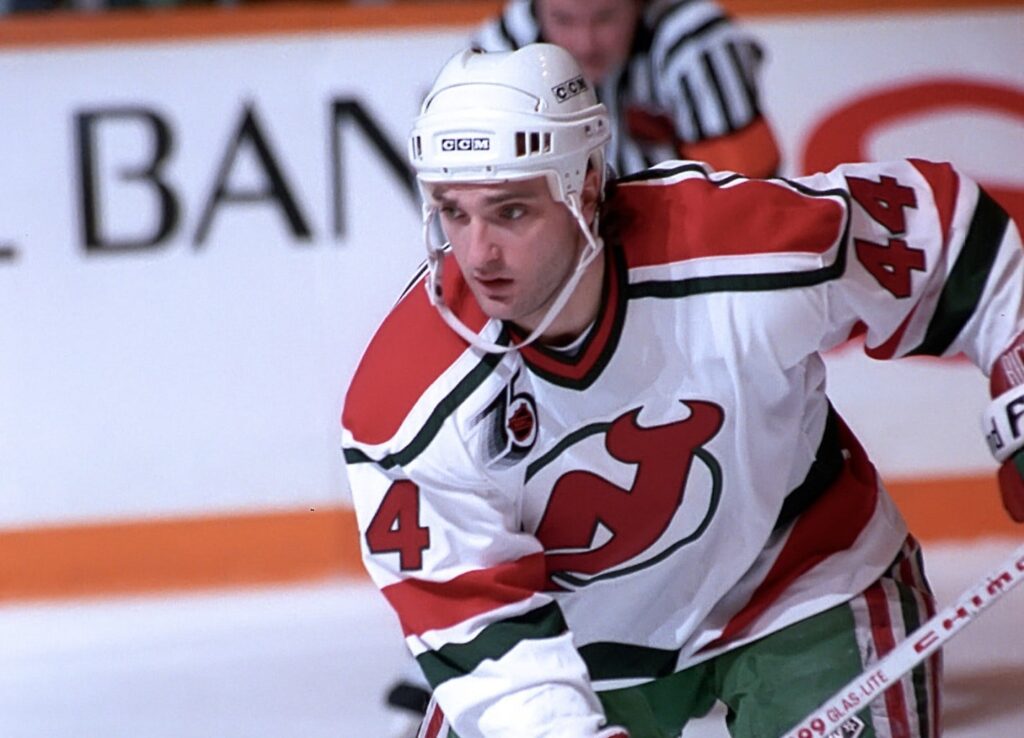
“I was old enough to realize that I had no problems at the time … but some issues,” he recalled. “Problems is a big word. But when I won a Cup in New Jersey in '95,1 had a great playoff, finished second overall in the stats, and I wasn't happy I'm driving back home and everybody is waiting for me… my family… and I know something is wrong with me. It was pretty scary…
“Any time I talk with kids, I always say don't wait… ask for some advice if you feel like something is wrong,” Richer added. “People aren't afraid to talk about it anymore. It's more open… you don't have
to feel bad about it… you don't have to be shy about it.”
Richer and Landsberg are living proof that even successful people can suffer from depression.
“That's the scary part, right?” Richer said.
When Landsberg speaks publicly about his depression — as he will on Sunday night — he often starts with three words: sick, not weak.
“I have a mental illness … five words you very seldom hear people say, especially guys like me on stage,” Landsberg said. “So my point is to expose my own mental illness and therefore, in my own, tiny little way in that room for that moment, do what I can to reduce the stigma. And reducing the stigma is very cliched, but the truth is when you say you have a mental illness and you say it enough times it doesn't seem so outrageous.”
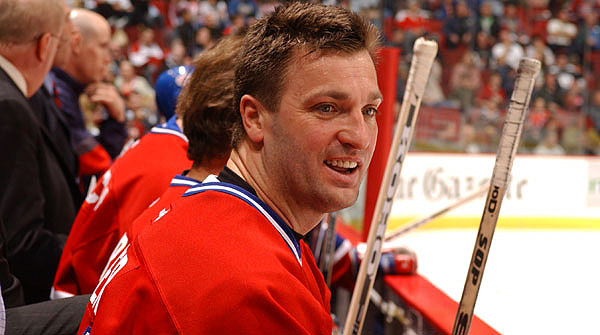
He added: “I teach people how to come out … if you are ready to share this with someone, don't say it like you have something to be ashamed of, because if you do you'll be perceived as weak. And you will be perceived as somehow… somehow you are responsible for this. If you say, ‘Well, you know, I know I have so much to be happy about and I don't know why I'm like this'… I mean, that's bull—. It's ‘I have this illness and I need you, as someone who's around me, who cares for me, as someone who's important in my life, I need you to understand that this is an illness, not unlike anything else, that I can't will this illness upon myself and I can't will it away.'”
Richer, who now keeps busy as owner of the Montpellier Golf Club, has one regret about his NHL career.
“Like I said last time I spoke with Michael, I would have loved to have been able to play just a few games with no doubt in my mind I could be a good hockey player,” he said. “I always had that doubt… that thing about every game, telling yourself today I'm still good. I would have loved to see just one year, or six months… whatever it is… no problems, don't think about anything, just play the game. How good could I have been?
“But I can't do anything about it now. I have to move forward.”
STU COWAN
